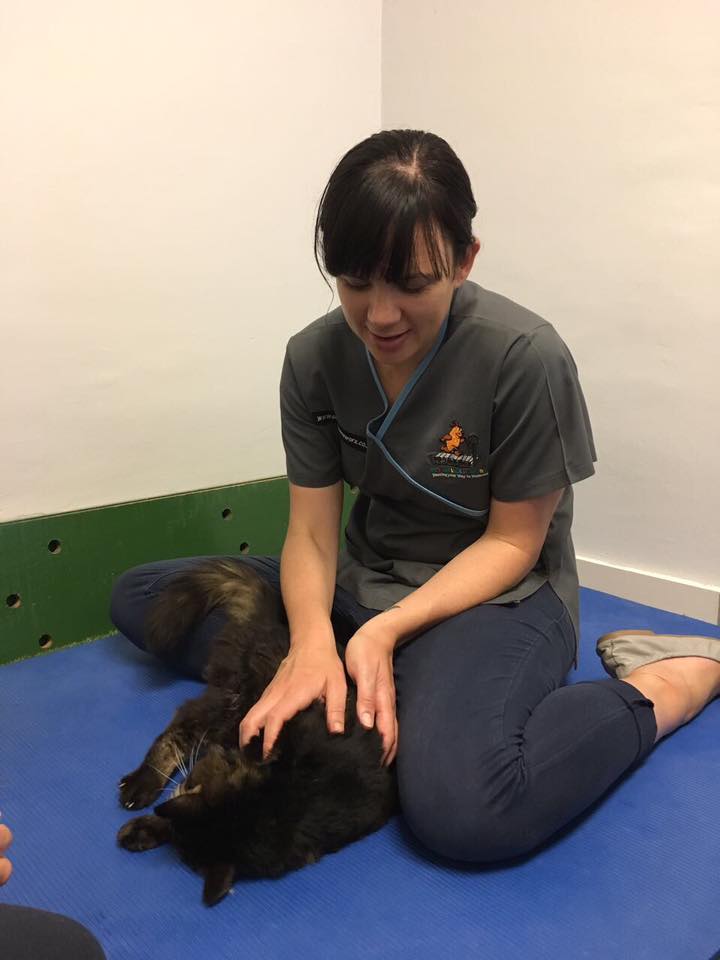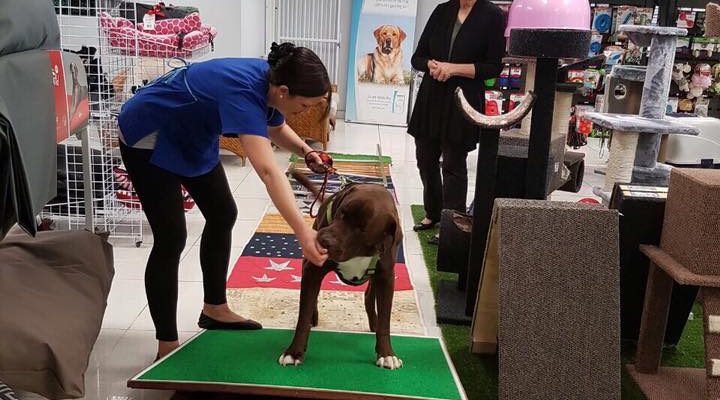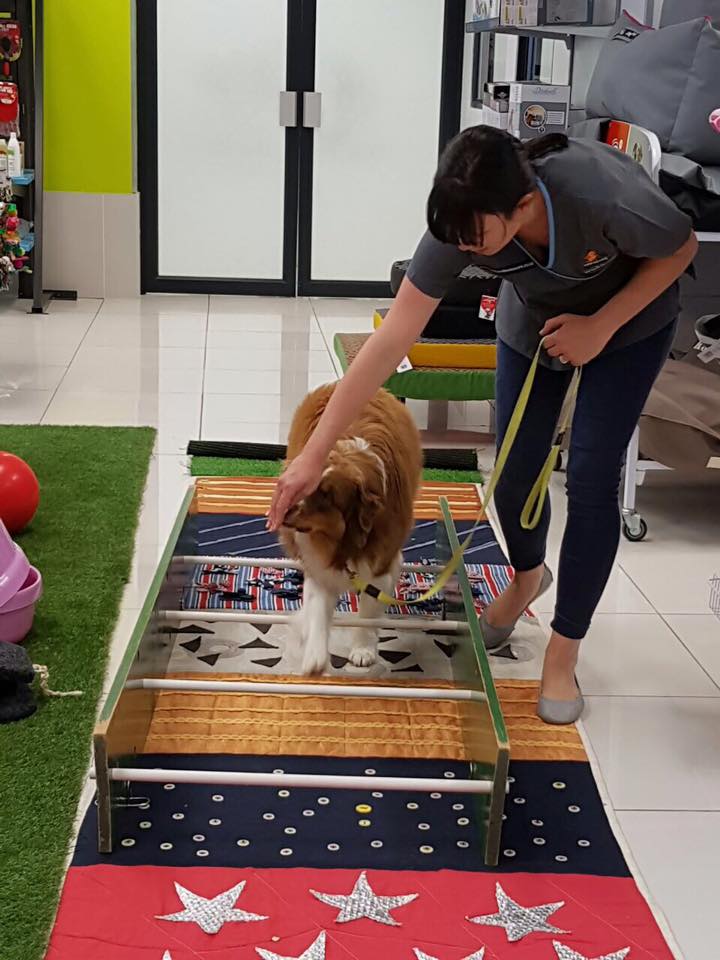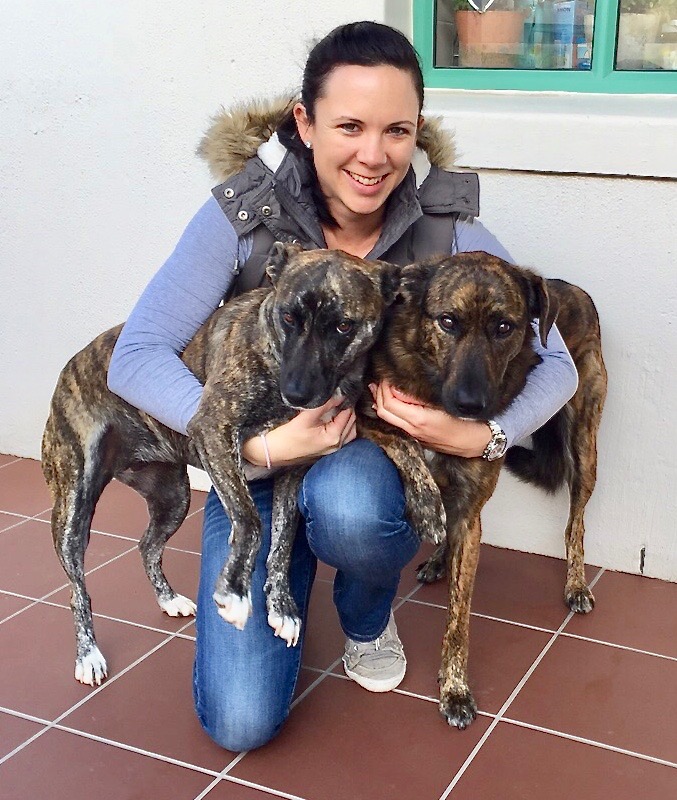Amy and I went to high school together and then also attended The University of Cape Town at the same time so after spending lots of time with her, I can say without a doubt that this is the perfect career for this horse riding, animal loving woman! I honestly didn’t know there was such a thing as physio for animals but honestly, why wouldn’t there be? Just like us, they have muscles and tendons and are just as prone to injury. So obviously this job is really cool because it’s SO unusual. Did you know this career even existed?
This is what I love about this series; discovering all the really cool ways people make their living because life is about doing work that is fulfilling and not everyone is lucky enough to get to do something that makes them happy. I really believe that it’s never too late to make a change towards doing something that sets your soul on fire!
Meet Amy!
What is your job / what field are you in?
Animal physiotherapy – Lecturer and therapist at Equine-Librium College in Plettenberg Bay
Do you need a qualification for it? If yes, what and how long does it take?
Yes. The field of animal rehabilitation in South Africa is in a very exciting time. The profession has just been promulgated in 2017, by the South African Veterinary Council. This means that the profession will now be regulated and standardised, resulting in better care for our patients. It also ensures that animal rehabilitation professionals are liable for their actions, which protects our clients.
Subsequently people currently practicing in the field will have to register with the Vet Council. SAVC has a 6 month period, until 22 June, for current practitioners to apply for registration under the Grandfather clause. They can contact SAAPRA (South Africa Animal Physical Rehabilitation Association for more information).
People wishing to get into the field after Grandfather Clause period, will have to complete a prescribed qualification to be able to register under SAVC. Currently in South Africa, Equine-Librium College is offering a BSc Veterinary Physiotherapy degree. They received their accreditation for this qualification and have also been accepted as a prescribed qualification with automatic registration under SAVC.
It is important to note that animal physiotherapists should always work under the referral of, or in conjunction with, a veterinarian. A patient needs to be seen by a veterinarian prior to commencing rehabilitation.
How did you get into it?
I always wanted to have a career that involved working with animals. When I was in high school, the animal rehabilitation field was still young and developing. I was advised to complete a human physiotherapy degree, and then do extra studies in animal therapy. I completed my human physiotherapy degree at UCT in 2006, following that I did whichever animal physiotherapy courses I could do through the Animal Physiotherapy Group of South Africa.
How long have you been doing this?
I started treating animals, specifically horses in 2011. I then completed further canine studies and started treating dogs in 2014.
Do you remember when you first started? Tell us a bit about that.
I started treating horses when I was still working in the human physiotherapy field. I was so excited to finally be working with animals the way I wanted to, but it was very overwhelming when I saw my first equine patient. Luckily it was for a friend that I had known and ridden with for a long time, so I was able to take my time and double-check my findings. I got positive results from my first treatment, which was very rewarding!
Do you work for yourself or for a company or organisation?
I am working at Equine-Librium college as a lecturer, I also do treatments of horses, dogs and cats through the Equine-Librium clinic.
What’s an average day like for you at work?
Lecturing involves a lot of prep work to ensure all information you are presenting is correct, comprehensive and up to date. A two-hour lecture may take me up to 10 hours to prepare. You have to try to prepare for all questions, which is impossible! Students always manage to think of something you haven’t!
We do a lot of theoretical teaching, but a large component of my day involves the practical aspect of teaching and demonstrations of patient assessment and treatment. Although this is a very practical and hands on career, it has to be founded on a strong theoretical knowledge. We try to ensure that our students get enough of both components.
The assessment and treatment of clinic patients involves getting a full history on the patient from the owner and the veterinarian (who is the primary care giver). Getting this information gives you an indication of where the problem may lie. You then do a full objective assessment of the animal, which involves a conformation and gait assessment; palpation to assess for muscle spasm and pain; joint range of movement tests; and special tests to determine which structures are affected and may be causing or contributing to the problem. You can then formulate a problem list and decide on the best treatment choices for the individual patient. Treatment techniques we use include manual therapy, massage and soft tissue treatments, electrotherapy, and exercises.
Our ultimate goal is to return the patient to full, pain-free (comfortable) function and allow them to have a good quality of life. Our patients include animal athletes (racehorses, sporting dogs), household pets, elderly animals, post surgical cases and animals suffering from neurological conditions.
What has been the most memorable moment for you in your career?
Getting the job at Equine-Librium College. The organisation is a pioneer in this field, really fighting for the regulation of the profession, which ultimately leads to better care of the animals. The curriculum the college have compiled is absolutely incredible. Any therapist that qualifies from this institution can be sure that they have the best foundation to be successful in their career. I am so privileged and proud to be part of this phenomenal institution.
What moment would you like to forget?
There are decisions you make sometimes regarding the assessment and treatment of the patients, which may not be the correct choice at the time. But I think moments like these are not to be forgotten, they are to be corrected and learnt from. New research is being conducted in this field on a daily basis, keeping up to date with these findings is imperative to improving your knowledge and skills as a therapist.
If you could live your life over, would you still do this?
Without a doubt. I love my job. Working with animals on a daily basis really grounds me. They are who they are, no pretences. They either feel better after your treatment or not. Having a positive effect on an animal’s comfort levels, functional ability and quality of life brings with it the greatest satisfaction.
The lecturing aspect of my job really challenges me, which is necessary in order to grow within your career, as well as develop as an individual.
What are some of the biggest challenges about this field?
Animals can’t ‘talk’, so they can’t tell you where they are sore, or how they hurt themselves. You have to focus on subtle signals and signs that indicate the animal is in pain or stressed, and make sure you respond appropriately to them. It is also a challenge to restrict and monitor the animal’s activities, which is often a necessary component in their rehabilitation. You need the owner to understand the importance and value of having their animals under controlled activity or rest periods.
Do you have any advice for someone wanting to get into this field?
You have to have a love for animals, that goes without saying. But you also have to be able to communicate well and interact with people. You need the owner’s to be involved in the rehabilitation of their animals, as this is the only way you can be truly successful. You have to love learning, as you never stop in this career. There are always new articles to read, new treatment techniques to try, and patients that don’t respond in the ‘conventional’ way.
[bctt tweet=”The greatness of a nation and its moral progress can be judged by the way its animals are treated. ― Mahatma Gandhi” username=”tyrannyofpink”]
If you’re interested in sharing your job or career with my readers – pop me an email to [email protected]




This was awesome. So inspiring and such a reminder to follow your dream and love your job!
Thanks, glad you enjoyed it! I really think so too <3